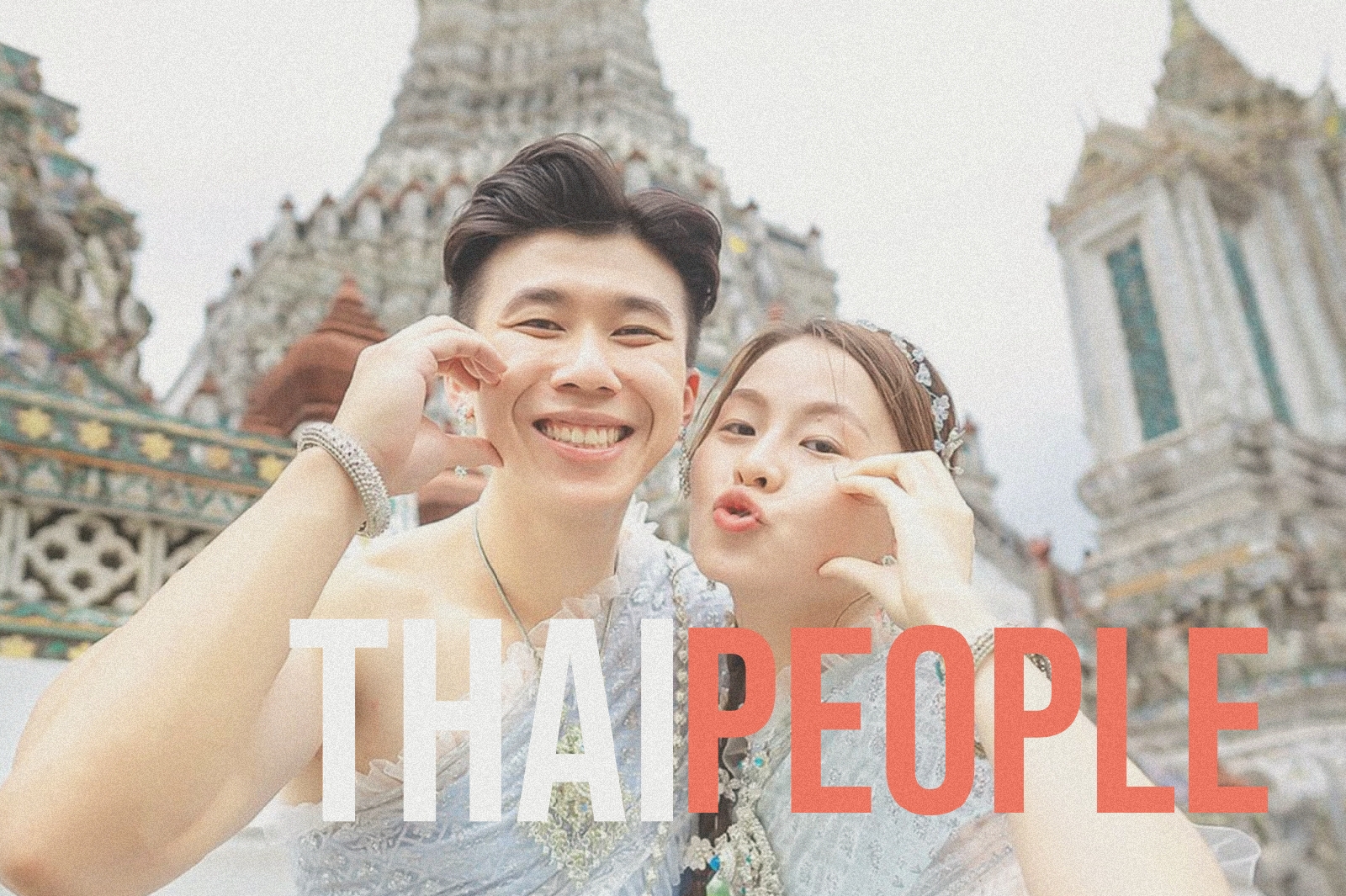Understanding the Thai character involves recognizing cultural values and social norms. Here are key aspects:
1. Respect: Thai culture places a strong emphasis on respect, especially towards elders and authority figures. The traditional greeting, the "wai," reflects this respect.
2. Hospitality: Thais are known for their hospitality. Visitors often experience warm and friendly interactions with locals.
3. Saving Face: Maintaining harmony and avoiding confrontation is crucial. Thais often avoid open disagreement and strive to "save face" for themselves and others.
4. Buddhist Influence: Buddhism plays a significant role in Thai culture. Many Thais follow Buddhist principles, emphasizing kindness, compassion, and non-materialism.
5. Collectivism: Thai society values collectivism and close-knit family structures. Group harmony is often prioritized over individual needs.
6. Smiling Culture: Thais commonly use smiles to convey various emotions, not just happiness. It's important to understand the context of a smile.
7. Hierarchy: Social hierarchy is inherent in Thai culture. Showing respect based on age, position, or social status is customary.
8. Modesty: Thais appreciate modesty in behavior and dress. Avoiding public displays of anger or affection is generally expected.
9. Spirituality: Alongside Buddhism, animist beliefs are also present in Thai culture, influencing practices like spirit houses and traditional ceremonies.
10. Festivals and Traditions: Participating in or understanding major festivals like Songkran (Thai New Year) and Loy Krathong can provide insights into Thai traditions.
Engaging respectfully, observing local customs, and being open to learning about Thai culture will enhance your understanding of the Thai character.

